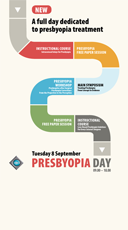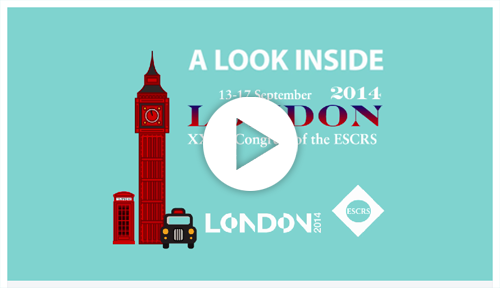Posters
(results will display both Free Papers & Poster)
Basic life support and anaphylaxis: awareness in the ophthalmology department
Poster Details
First Author: J.Hyer UK
Co Author(s): N. Nelligan K. Loxton E. Posner
Abstract Details
Purpose:
Medical and paramedical staff working in a hospital are required to be competent to perform Basic Life Support (BLS). We have a civic and professional responsibility to ensure we can provide the first key steps to improve the chances of survival following cardiac arrest. Anaphylaxis is a recognised adverse reaction to fluorescein during retinal angiography, and although moderate and severe reactions are infrequent (1%), they can be life threatening. This pilot study was designed to explore the level of knowledge of Basic Life Support (BLS) and anaphylaxis amongst members of the ophthalmology department in a London hospital.
Setting:
London teaching hospital ophthalmology department.
Methods:
A cross-sectional study was conducted on all members of the ophthalmology department using a paper-based questionnaire in November 2014. Data were collected on demographics, experience and perceived need for further training. Questions were based on BLS and anaphylaxis guidelines (Resuscitation Council, 2010).
Results:
In total, 18 questionnaires were completed: 17% nurses/nursing assistants; 22% junior doctors; 17% Consultants; 22% orthoptists/optometrists; 22% other (medical students, admin). Only 50% of respondents felt confident in performing BLS and 44% reported training in the last year. The pass mark for the Resuscitation Council BLS course paper is 80%, and on this occasion only 11% (2 members) of the study group passed. Only 17% felt confident dealing with anaphylaxis. 83% were unable to distinguish the minor side effects of fluorescein from a moderate-severe reaction. 83% (15 respondents) wished to have further training in BLS and anaphylaxis.
Conclusions:
This study identified inadequate knowledge of BLS and anaphylaxis guidelines amongst members of the ophthalmology department. Staff lacked confidence in their ability to manage these patients and expressed a need for further training. Retention of infrequent skills and out-dated information are likely contributory factors. This study is being expanded to include other hospital sites.
Financial Disclosure:
NONE





